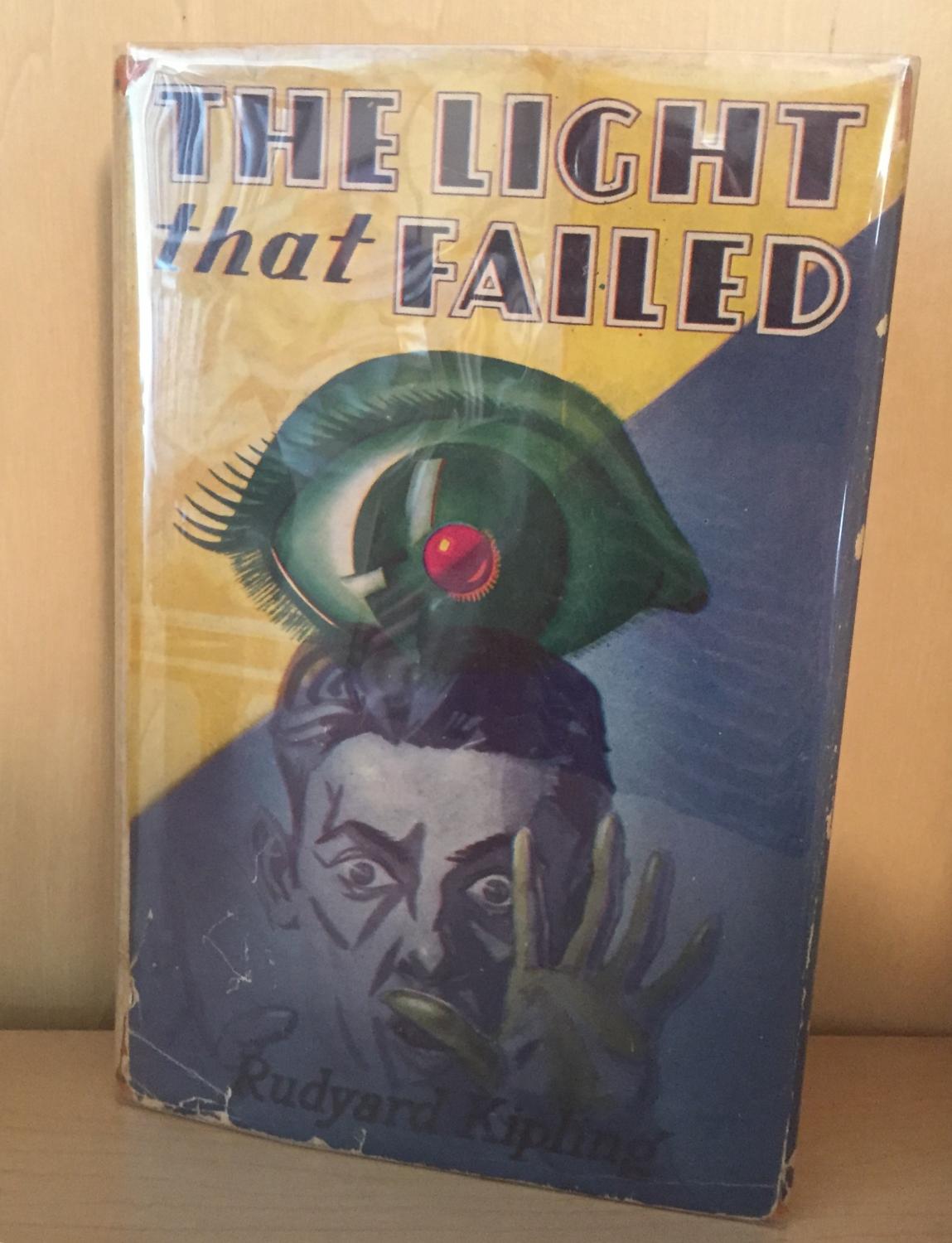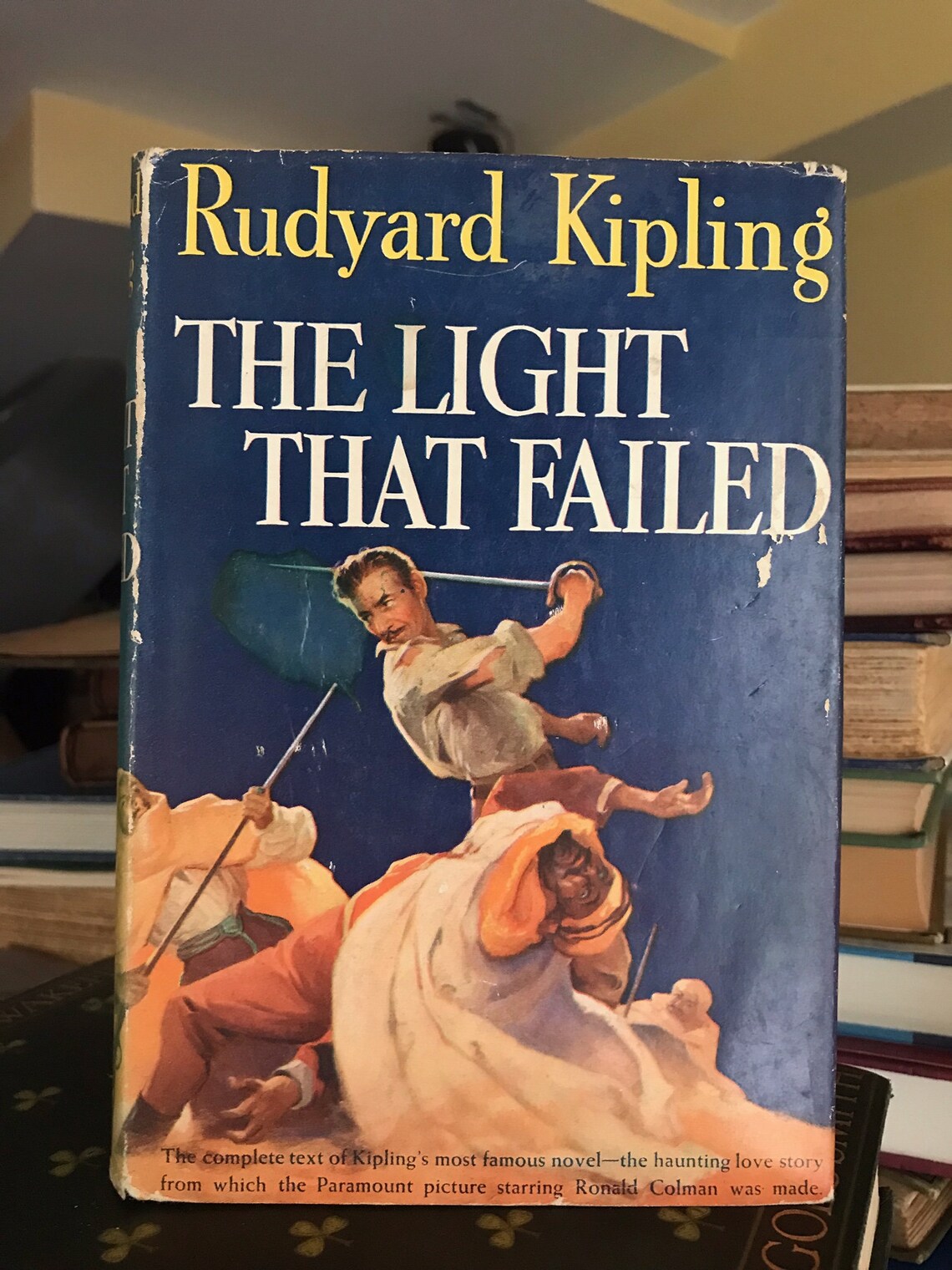

He meets Maisie again, quite by accident, & discovers that she is also learning to paint. He's knocked around the world a bit but his talents as an artist are finally being recognized &, on his return from the Sudan, he becomes quite famous. Some years later, Dick is an artist, working for a newspaper as a war correspondent with his closest friend, the writer, Torpenhow. Dick & Maisie plan for their futures & Dick, already in love with Maisie, decides that they will always be together. Eventually Dick goes to school, only returning in the holidays & Maisie is sent to France by her guardians for further education. Both children have parents or guardians far away but can only rely on each other as allies. It sounds dangerous but the nearest thing to tragedy is that Maisie's pet goat eats a few cartridges. Dick & Maisie, two children boarded with uncaring Mrs Jennett, find happiness in escaping together to play with a revolver on the beach near their home. All Kipling's experience as a miserable little boy is evident in the first chapter of The Light that Failed. They were sent to board with a woman who exploited them & mistreated them. Kipling & his sister, Trix, were sent home to England from India by their parents as so many children were at that period. I knew a little about Kipling's miserable childhood as I'd read a biography of his mother, Alice MacDonald, & her sisters who all married famous Victorians ( A Circle of Sisters by Judith Flanders). The Light that Failed is Kipling's first novel & is based on incidents from his own life. So, when my 19th century book group chose The Light that Failed as our next book, I wasn't very enthusiastic.On the other hand, I've discovered some real gems through this group & there was a lovely new edition of the book by Victorian Secrets, so I put aside my prejudices & started reading. I suppose I've been influenced by his reputation as the poet of the Empire & associated him with the jingoistic poem by Newbolt, Vitai Lampada, with the famous line, "Play up! play up! & play the game!" comparing war with a game of cricket.


I've never been very interested in his themes & the subjects of his books.


 0 kommentar(er)
0 kommentar(er)
